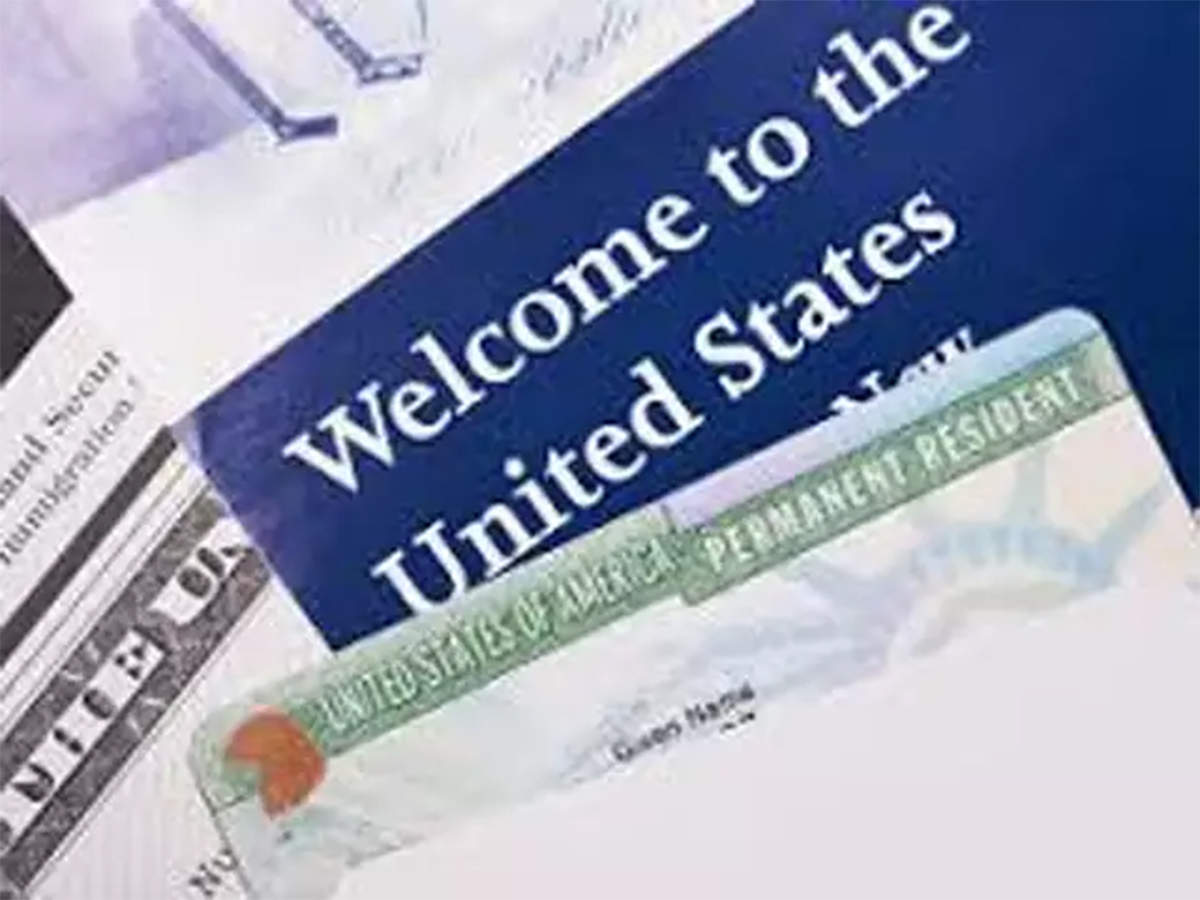Unknowingly, I have been in residency for 11 weeks.
I have this acute realization that if you are not careful and conscious with your time, it slips away and get blended into amorphous materials in the shape of daily work routines. When a sufficient amount of time accumulated in this dysmorphic form, you wonder where exactly your time went into use?
pre-rounds, ward rounds, note typing, and working, plus?overthinking.
The point of residency is to educate us further in medicine but paradoxically, some opinions that I amassed from people around me point away from this purpose. It is almost set as a default mode in us to not study and update our knowledge when we devote majority of our waking hours working. Plus, it is convenient to rely on morning reports, noon conference and the likes provided by the hospital to teach us in the course of residency.
Have you gotten complacent with the current level of knowledge you have? Is the level of learning you are getting right now match up with what you had in medical school? Is this the lack of academic rigors (program's fault) or lack of self-motivation/discipline (your own shortcoming)?
We are supposed to learn from the patients in the ward by dissecting into their medical conundrums and making assessments and plans through in depth discussions with our attending. However, there is a fine point where things do not work for us residents. When you have too many patients, you do not have the time to read up and think deeply about a clinical problem. When the ward rounds get too long, you are mentally and physically exhausted. You need to save some energy to deal with case manager and social workers too. By the time you know it, sun has already set and you just want to sign out ASAP and slump into the coach.
Unless you are very motivated, you will not study.
Is this path where we are all going to head down to? How can we at least preserve our neurons in spite of all the perceived tiredness, fatigue, burnouts, etc that we unfortunately are all too familiar with?
I find that being mindful helps tremendously.
Whatever you are doing, remember to bring your focus into "Now." Have you ever noticed that the washing machine has a internal core that is unperturbed by the surrounding chaos (your clothes)? Imagine that you have "space" in you, maybe located over your left 4th ICS and it is untouched by the dramas and fast-paced events around you. This sacred headspace is where you can take refuge into and think clearly. In the frenzy of things, you will not lose your cool or get caught up if you can stay mindful this way. Miraculously, mindfulness also helps in decreasing the mental exhaustion you face by minimizing the clutters and unwanted thoughts stem from your mind.
Besides, you just have to study on-the-go. Whenever you have a "snack" time, hydrate yourself and get onto any educational materials available to you. Simply type in a topic relevant to your patient care and read. It can be just 15 mins before anyone page you, but 15 + 15 = 30mins of learning in a day is a progress. The best part is that you are not able to finish reading and hence you have "unfinished business." When you get home and inertia sets in, you do not have to question yourself "What should I learn now" and battle with your demons that yell "You deserve a rest, go sleep" because you can just resume with whatever topic you left of earlier in the day.
You can start off my re-reading the topic you went through, so as to get yourself into the "flow" state and then start diving deep into the topic with new information. This spaced repetition will consolidate your memories too! Believe it or not, when you finished reading up, and found some journals that support your current management, it is the best feeling ever. You end your day feeling inspired and you look forward to going to the wards and start this learning process all over again.
Time flies and it need not to be wasted. A quarter of intern year has already gone, lets seize the rest of the year with more conscientious use of our time.

